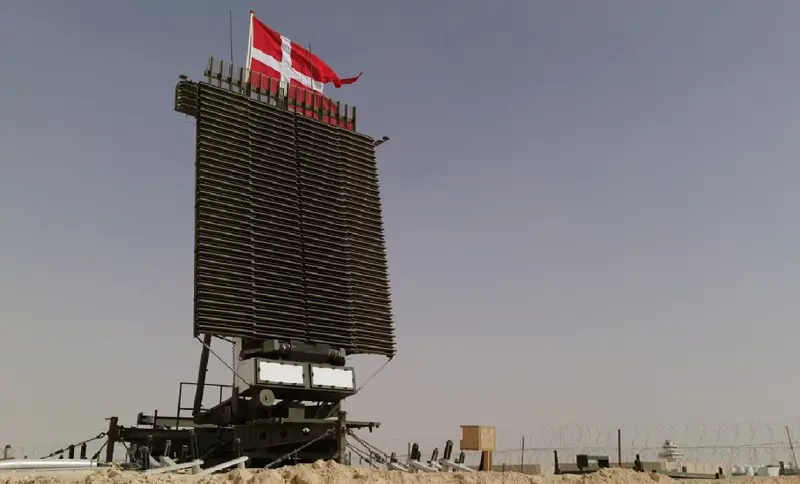The Danish Ministry of Defence Acquisition and Logistics Organisation (DALO, Forsvarets Materiel- og Indkøbsstyrelse) has signed a contract with Lockheed Martin to upgrade its TPS-77 radars, in a move to bolster its defence capabilities. The Mid Life Update (MLU) agreement, aligned with the 2018-2023 defence agreement, has been forged with Lockheed Martin Global, Incorporated (LMGI). Since their deployment in 2007, the technology of Denmark’s TPS-77 long-range radar systems has evolved rapidly, posing challenges in sourcing spare parts. By modernizing and extending the life of its air surveillance radars, Denmark is taking proactive measures to enhance its defence capabilities and stay ahead of evolving security challenges.
“This upgrade will provide a technological enhancement, ensuring the radars can be supported for many more years. They will contribute to Denmark’s security, particularly in light of the deteriorating security situation in Europe,” said Vice Chief of Danish Ministry of Defence Acquisition and Logistics Organisation, Brigadier General Christian Brejner Ishøj. He expressed his satisfaction with the agreement, emphasizing the significance of the radar life extension.
The upgraded Lockheed Martin’s AN/TPS-77 systems will ensure improved airspace situational awareness, contributing to the safeguarding of Danish airspace and bolstering the nation’s overall security posture. The anticipated completion of the radar upgrade is set for mid-2025. The long-range and deployable TPS-77 radars are critical components of Denmark’s airspace surveillance infrastructure. They play a vital role in monitoring the airspace over the country and have also been utilized in international operations, including deployments in Afghanistan and Iraq.
Lockheed Martin’s AN/TPS-77 (formerly known as the AN/TPS-117) is an L-Band, 3-D, tactical transportable long-range air surveillance radar. The AN/TPS-77 uses an active electronically scanned array (AESA), to generate a number of pencil beams. The planar antenna is made up of 34 rows with 34 solid-state row transmit/receive (TR) modules into a single line replaceable unit (LRU) located on the antenna array and directly coupled to their antenna elements.It is a mobile version of the AN/FPS-117. It features 80 percent commonality with the FPS-117. These TR-modules are called Digital Array Row Transceiver (DART), and employs Gallium Nitride (GaN) technology to provide increased reliability, extend the service life of the radar, and reduce life-cycle costs.















